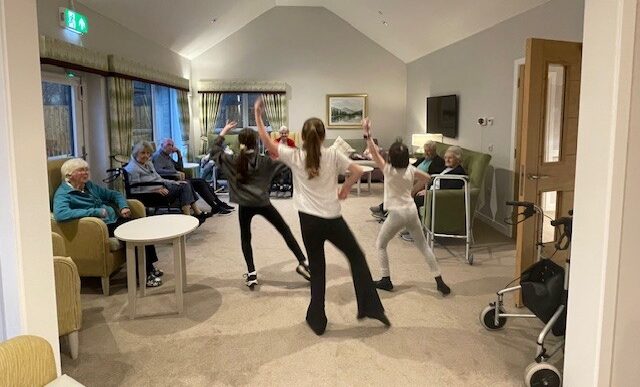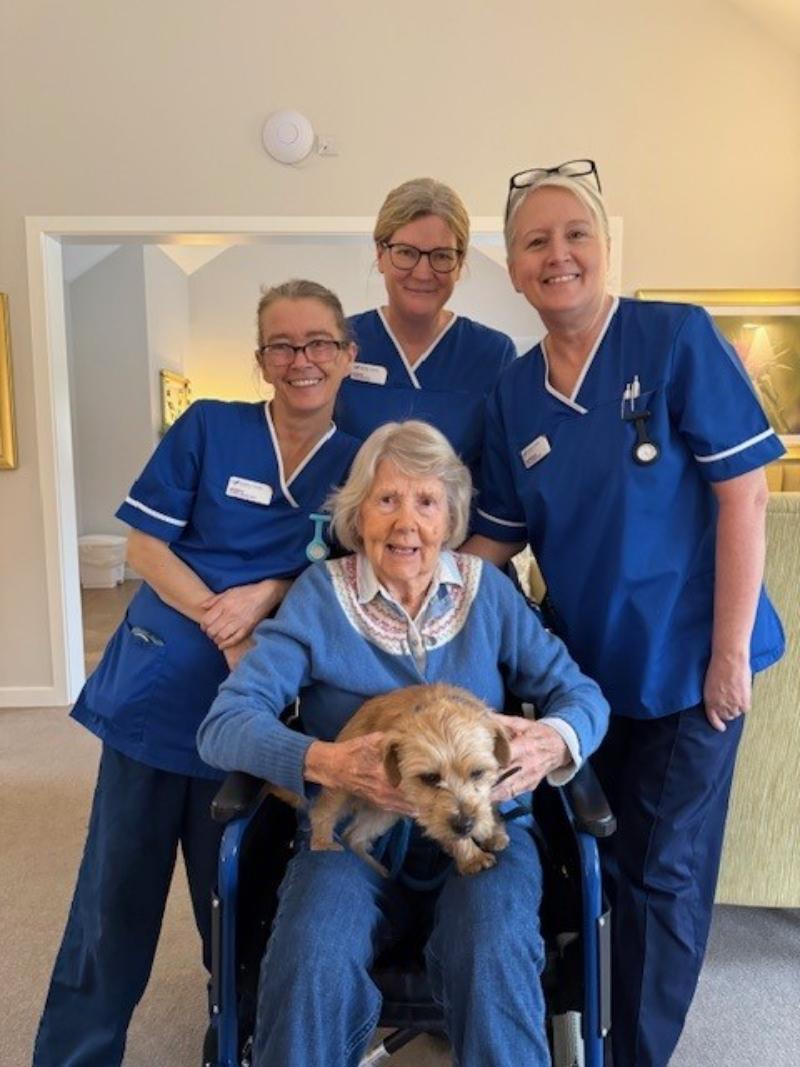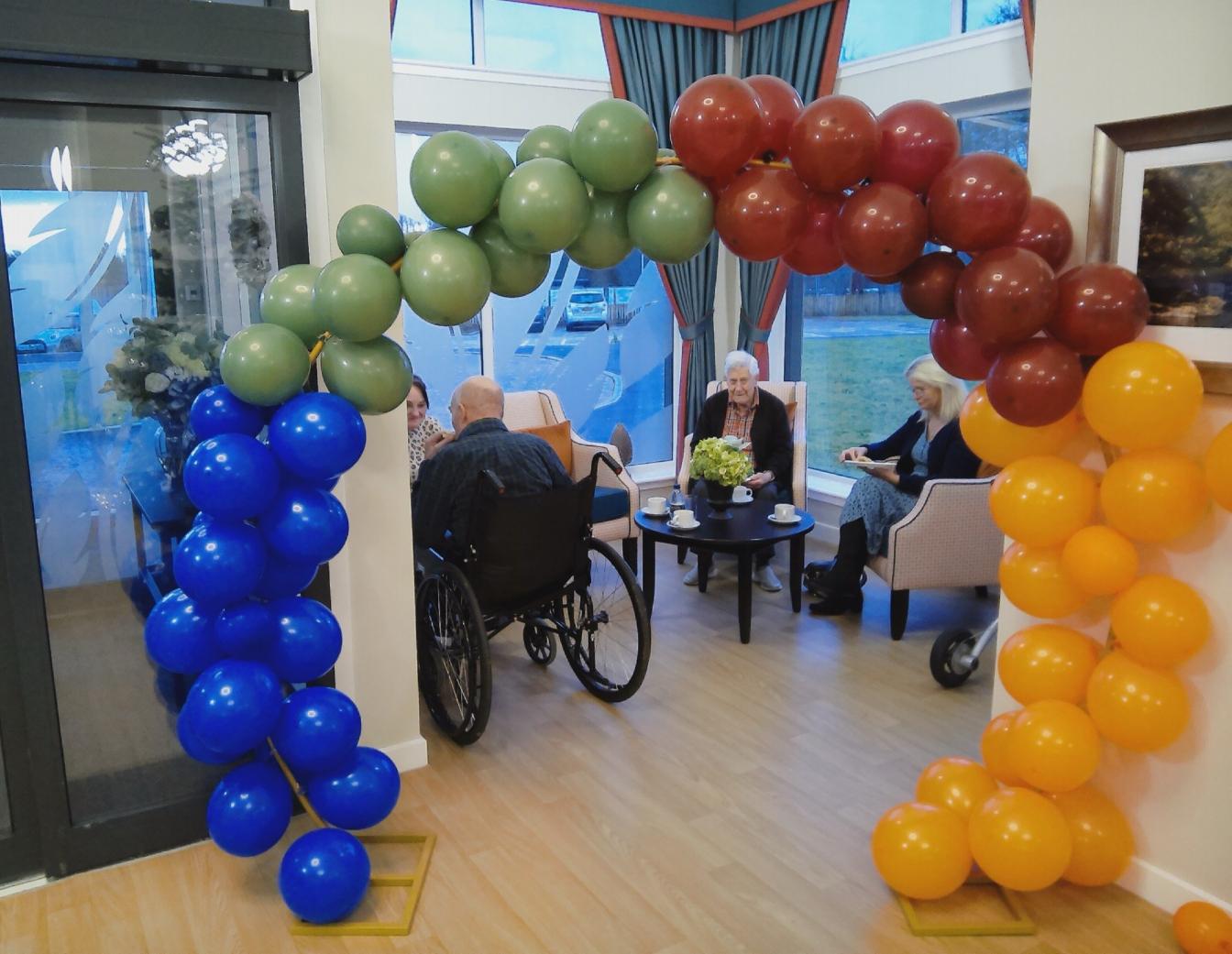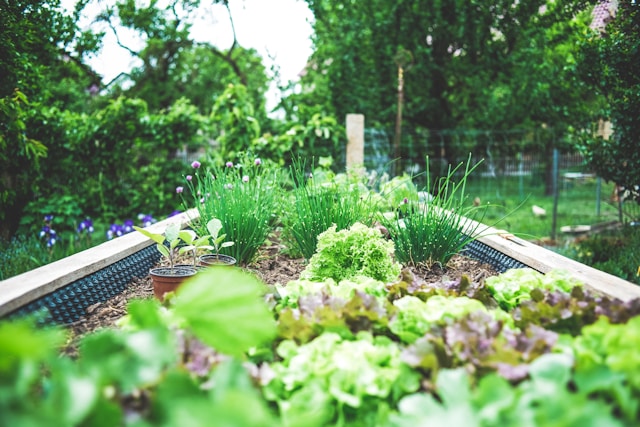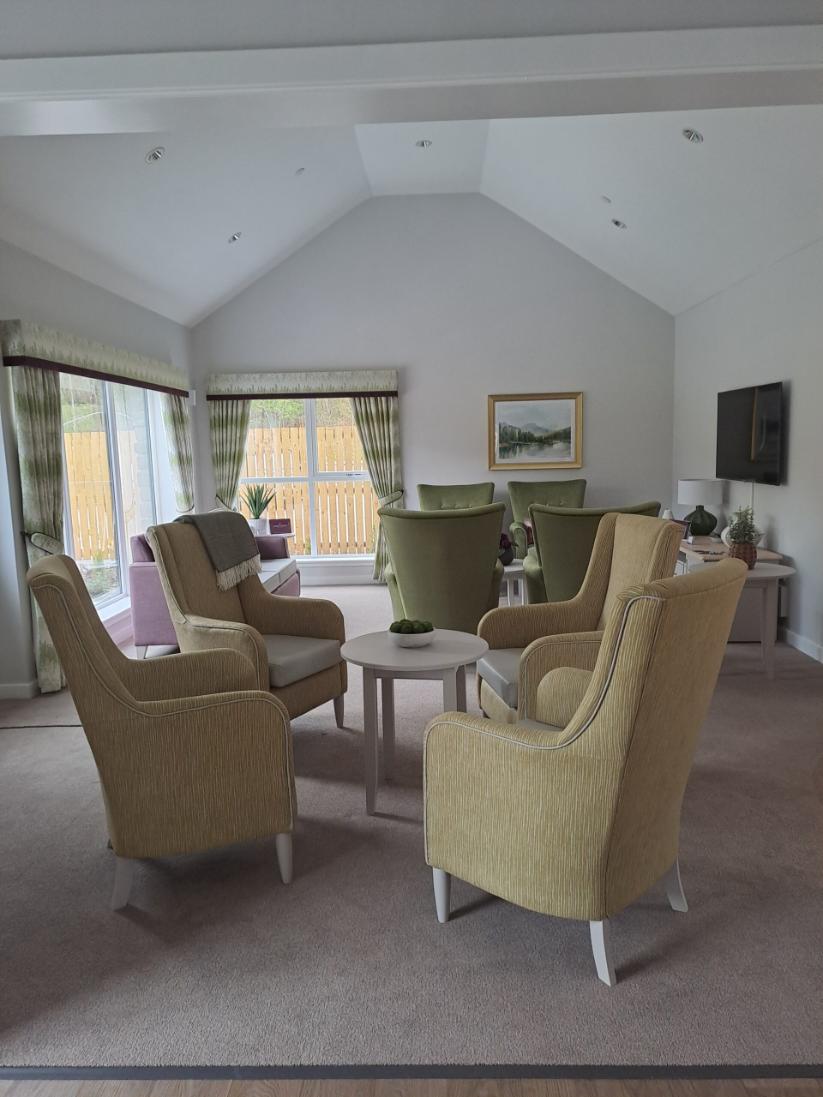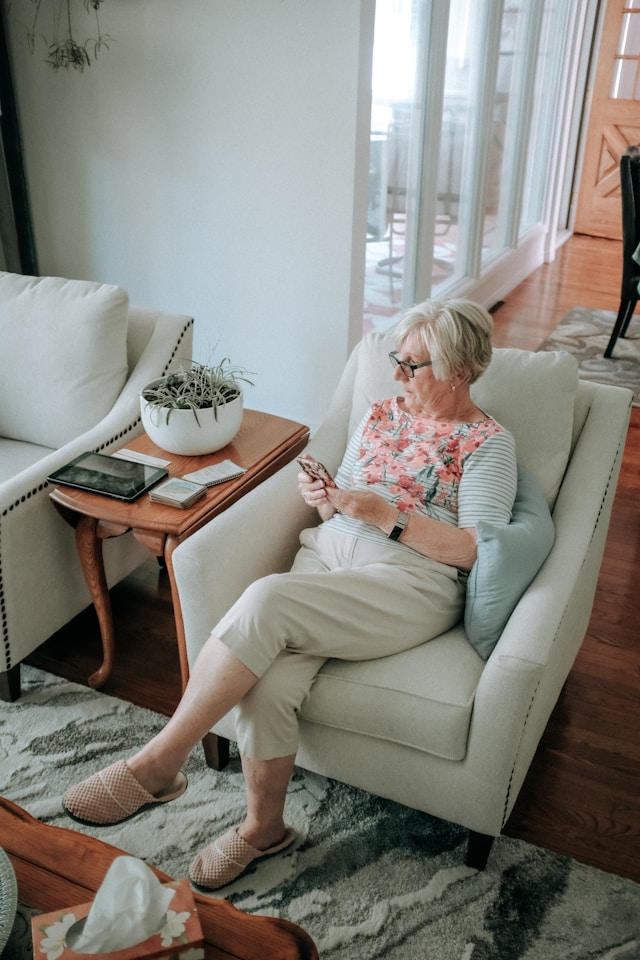The Importance of Dementia Friendly Activities
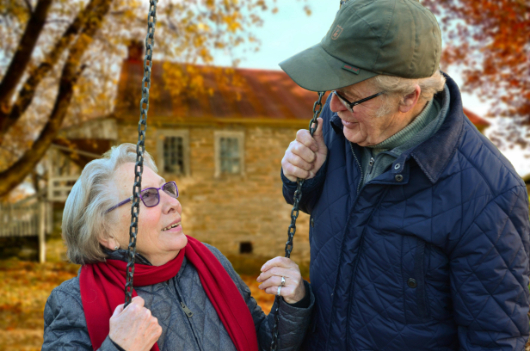
Living with dementia presents many challenges for both the person diagnosed and the people around them. As the condition progresses, it becomes increasingly important to find ways to help the person feel connected, valued, and understood. One of the most effective approaches is incorporating dementia friendly activities into their daily life.
Why Dementia Friendly Activities Matter
Understanding the importance of dementia friendly activities is key for families, carers, and professionals alike. These activities are not simply about passing time - they are powerful tools that can improve mood, self esteem, self confidence, communication, and even physical health. Importantly, they can evoke positive feelings and life experiences, offering moments of connection that matter deeply to a person with dementia and their loved ones.
Research shows that people living with dementia benefit greatly from meaningful activities that cater to their interests and abilities. These experiences can improve mood, reduce stress, and support cognitive function, even in later stages of the condition. Activities that are structured yet flexible provide a sense of purpose and promote a feeling of inclusion in daily life.
Supporting the Person Behind the Diagnosis
Every person living with dementia is unique. Their likes, dislikes, interests, and personal history are vital in planning activities that are truly beneficial. Creative activities, sensory experiences, and simple forms of physical activity can all be adapted to fit the needs and preferences of each individual.

For example, someone who loved music in their earlier years might respond well to a playlist of their favourite songs. This can evoke memories of significant life events, bringing a smile to their face and encouraging conversation or non verbal responses such as tapping a foot or holding hands with a loved one.
Enhancing Communication and Connection
Dementia friendly activities are powerful tools for improving communication, especially as verbal skills decline. Engaging in picture books, looking through old photos, or doing word games can help stimulate conversation and foster a connection based on shared life experiences.
Even simple interactions like a foot massage, brushing hair, or folding laundry together can have a significant impact. These daily activities provide opportunities for self expression, and when done with sensitivity and patience, they allow the person with dementia to feel useful and involved.
The Role of Physical Exercise
Staying active is important for all older people, and it's no different for people with dementia. Physical exercise helps maintain mobility, balance, and coordination. Activities such as walking, gentle stretching, dancing, or chair-based structured exercise can have many benefits.
Regular physical activity can:
- Reduce high blood pressure
- Support eye coordination and control of body parts
- Help regulate heart rate
- Improve sleep patterns
- Boost self confidence
Moreover, these activities can bring great pleasure, especially when done in the company of others. Whether it's dancing to favourite songs, joining a walking group, or simply taking a stroll in the garden while holding hands, these experiences help individuals, feel engaged and active.
Creating a Dementia Friendly Environment
A well thought out environment is crucial for successful activity planning. Good lighting, minimal noise, and clear signage help create a space that feels safe and welcoming. Making materials accessible, offering tactile objects for sensory experiences, and displaying familiar items can enhance the effectiveness of any activity.
When creating a dementia friendly space, consider the following:
- Keep it clutter free
- Use contrasting colours to distinguish items
- Provide quiet zones for rest
- Ensure there is plenty of natural light
- Display old photos and memory boxes
By removing barriers to participation, you're more likely to encourage involvement and maintain attention throughout the activity.
Types of Dementia Friendly Activities
There's no one-size-fits-all approach. The most effective activities take into account the person's ability, interests, and stage of dementia. Here are some ideas that have proven beneficial:
1. Music and Movement
As mentioned earlier, music is one of the most powerful tools in dementia care. It can evoke memories, enhance mood, and even help with speech. Singing, dancing, or simply listening to a favourite song can uplift a person and bring joy.
2. Arts and Crafts
Creative activities such as painting, drawing, or scrapbooking encourage self expression. They also help maintain fine motor skills and can be incredibly calming. Projects can be as simple as colouring or more involved, depending on the person's ability.

3. Sensory Activities
Sensory experiences are essential, especially for those in the later stages of dementia. These can include:
- Aromatherapy
- Foot massage
- Handling textured fabrics
- Scented memory boxes
Engaging the senses helps the person stay connected with their surroundings and can reduce agitation or restlessness.
4. Cognitive Games
Word games, simple puzzles, matching cards, and trivia based on life experiences can stimulate thinking and help maintain cognitive function. Even activities like sorting buttons or folding laundry support hand-eye coordination and provide a sense of achievement.
5. Reading and Conversation
While some people living with dementia may not enjoy reading long texts, many still find pleasure in picture books, short stories, or poems. These can prompt conversation and encourage sharing memories or opinions.
6. Reminiscence Therapy
Looking through old photos, watching classic films, or revisiting familiar objects and scents from the past can be deeply comforting. This helps the person with dementia reconnect with their identity and feel grounded in who they are.
Involving Families and Carers
It's essential to include families, friends, and carers in the activity planning process. Not only do they know the person's preferences best, but their involvement also strengthens bonds and provides a support network for everyone involved.
Both you and your loved one benefit from shared experiences. Whether it's a walk in the park, cooking a favourite meal, or attending local events, these moments foster connection and reduce feelings of isolation. In fact, many people with dementia enjoy intergenerational activities - spending time with children can be especially rewarding.
Taking an Active Role in Care
Encouraging a person with dementia to take an active role in their care and routine enhances their dignity and autonomy. Even small contributions - like helping to set the table or watering plants - can make a big differences in how a person feels about themselves and their environment.
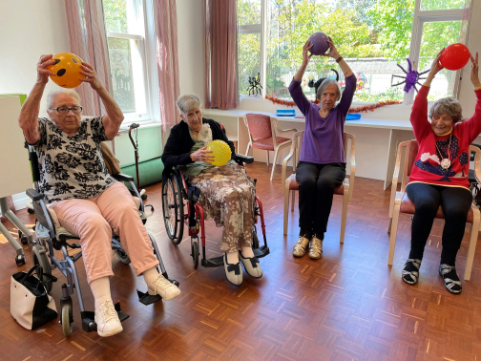
The focus should always be on what the person can do, not what they can't. By emphasising abilities and strengths, you promote self confidence and a positive outlook.
Community Resources and Support
Organisations like Dementia UK and Alzheimer's Society offer a wealth of resources, including guides, training, and free toolkits for caregivers. They host local events, provide support groups, and can help connect you with services that specialise in dementia friendly care.
Making use of these resources can help you feel more confident in your role and ensure the person living with dementia receives the best support possible.
The journey of dementia is often a difficult one, but it can still be filled with connection, joy, and purpose. By understanding the importance of dementia friendly activities, we can better support those affected and create moments that matter.
Whether it's dancing to an old tune, folding laundry side by side, or simply enjoying a walk in the sunshine, every interaction counts. These meaningful activities bring comfort, encourage expression, and strengthen the relationships that form the foundation of good care.
Most importantly, they remind the person with dementia - and those who love them - that they are still very much a part of life.
To find out more about how we can help you or a loved one living with dementia, or for the activities we offer our residents, please contact us today.

